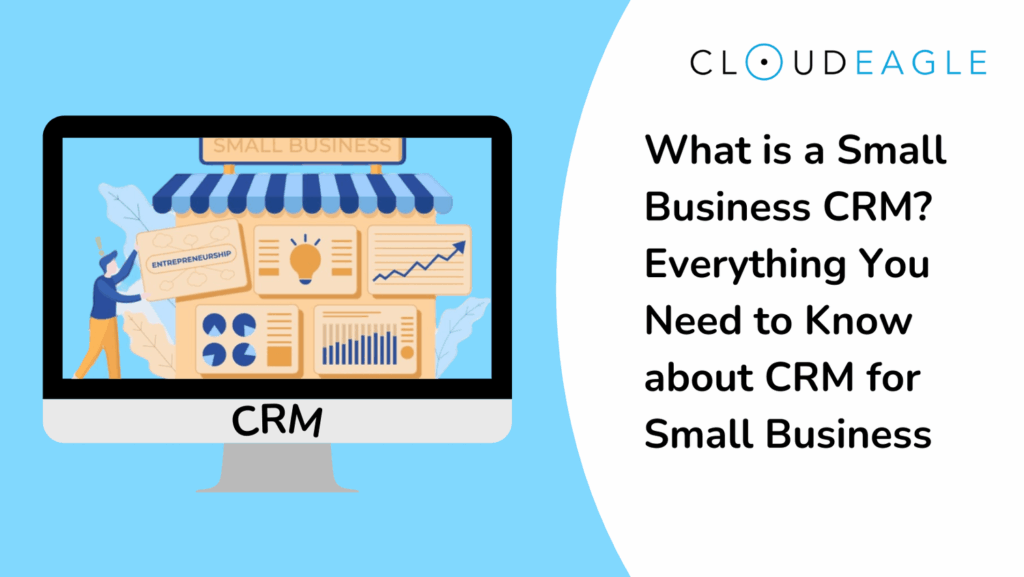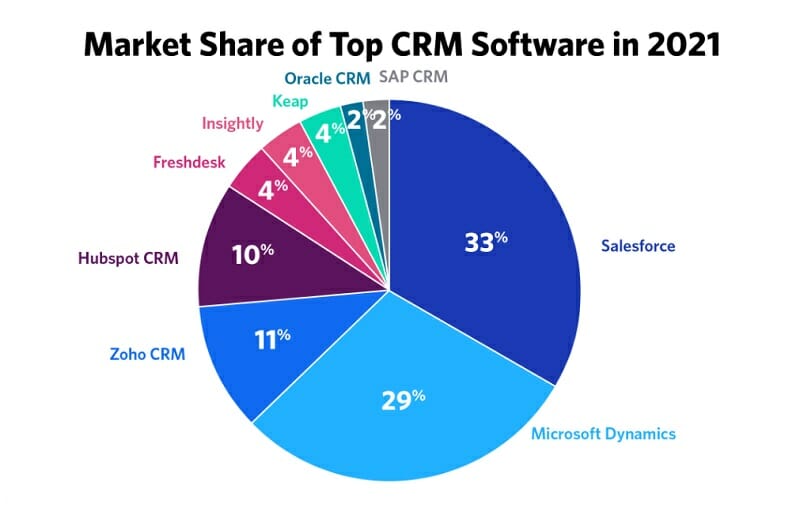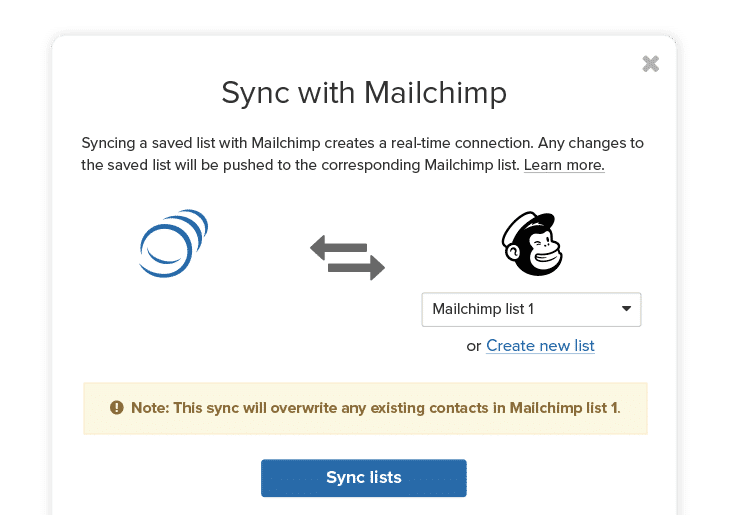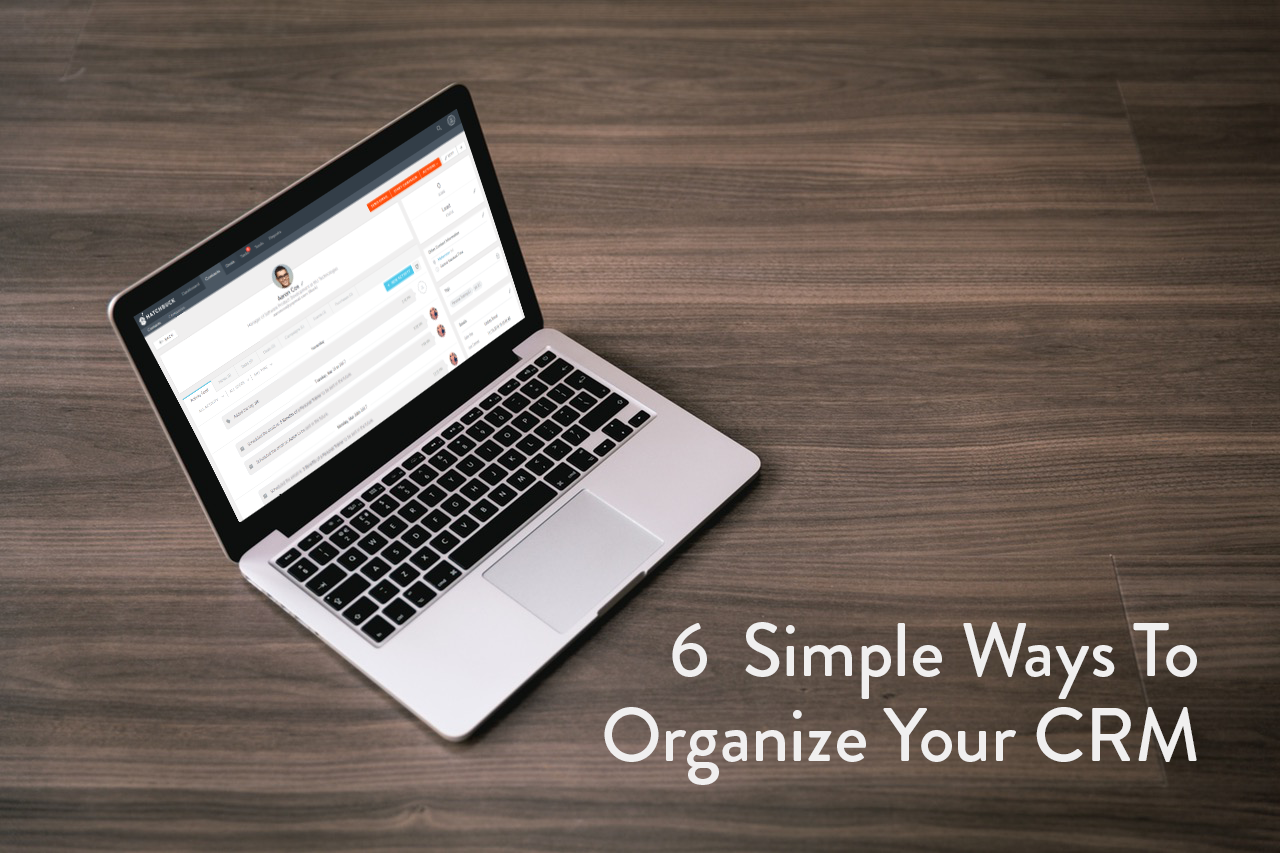
Boost Your Small Business: The Ultimate Guide to CRM for Marketing Success
In today’s fiercely competitive business landscape, small businesses face the daunting task of not only attracting customers but also nurturing those relationships to foster loyalty and drive growth. This is where Customer Relationship Management (CRM) systems come into play, transforming the way small businesses approach marketing, sales, and customer service. This comprehensive guide delves into the world of CRM, specifically tailored for small business marketing, providing you with the knowledge and tools to harness its power and achieve remarkable results.
What is CRM and Why Does Your Small Business Need It?
At its core, CRM is a technology that helps businesses manage and analyze customer interactions and data throughout the customer lifecycle. It’s more than just a contact list; it’s a central hub for all your customer information, including contact details, purchase history, communication logs, and marketing interactions. Think of it as the brain of your customer relationships.
For small businesses, a CRM system offers a multitude of benefits, including:
- Improved Customer Relationships: By centralizing customer data, you gain a 360-degree view of each customer, allowing you to personalize interactions and provide exceptional service.
- Increased Sales: CRM helps you identify and nurture leads, track sales opportunities, and close deals more efficiently.
- Enhanced Marketing Effectiveness: CRM enables you to segment your audience, target specific customer groups with relevant marketing campaigns, and measure the results of your efforts.
- Streamlined Operations: Automation features within CRM systems can automate repetitive tasks, freeing up your team to focus on more strategic initiatives.
- Better Data Analysis and Reporting: CRM provides valuable insights into your customer behavior, sales performance, and marketing campaign effectiveness, enabling data-driven decision-making.
Key Features of a CRM System for Small Business Marketing
Not all CRM systems are created equal. When selecting a CRM for your small business marketing needs, it’s crucial to identify the features that align with your specific requirements. Here are some essential features to look for:
Contact Management
This is the foundation of any CRM system. It allows you to store and organize all your customer contacts, including names, contact information, and other relevant details. Good contact management features include the ability to import and export contacts, add custom fields, and segment contacts based on various criteria.
Lead Management
Lead management features help you track and nurture potential customers. This includes the ability to capture leads from various sources (website forms, social media, etc.), qualify leads based on their behavior and demographics, and assign leads to sales representatives.
Sales Automation
Sales automation features streamline your sales process by automating repetitive tasks such as sending follow-up emails, scheduling appointments, and creating sales reports. This frees up your sales team to focus on closing deals.
Marketing Automation
Marketing automation features enable you to create and manage automated marketing campaigns, such as email drip campaigns, targeted social media ads, and personalized website content. This helps you nurture leads, improve customer engagement, and drive conversions.
Reporting and Analytics
Reporting and analytics features provide you with valuable insights into your sales and marketing performance. This includes the ability to track key metrics such as sales revenue, conversion rates, and customer acquisition cost. Reports help you make data-driven decisions and optimize your marketing efforts.
Integration with Other Tools
A good CRM system should integrate seamlessly with other tools you use, such as email marketing platforms, social media management tools, and accounting software. This ensures that data flows smoothly between your different systems and that you have a complete view of your customer interactions.
Choosing the Right CRM for Your Small Business
Selecting the right CRM system can feel overwhelming, given the plethora of options available. Here’s a step-by-step approach to help you make the right choice:
1. Define Your Needs and Goals
Before you start evaluating CRM systems, take the time to define your specific needs and goals. What do you want to achieve with a CRM? What are your biggest pain points in your current marketing and sales processes? Identifying your requirements will help you narrow down your choices and select a CRM that meets your specific needs.
2. Research Different CRM Systems
Once you have a clear understanding of your needs, start researching different CRM systems. Consider factors such as:
- Features: Does the CRM offer the features you need, such as contact management, lead management, sales automation, and marketing automation?
- Ease of Use: Is the CRM easy to use and navigate? Is it intuitive for your team to learn and adopt?
- Scalability: Can the CRM grow with your business as your needs evolve?
- Integration: Does the CRM integrate with other tools you use, such as email marketing platforms and social media management tools?
- Pricing: What is the pricing structure? Is it affordable for your budget?
- Customer Support: Does the CRM provider offer good customer support?
3. Consider Your Budget
CRM systems vary widely in price, from free options to enterprise-level solutions. Determine your budget and prioritize features accordingly. Remember that the cheapest option isn’t always the best. Consider the long-term value and the potential return on investment (ROI) when making your decision.
4. Read Reviews and Case Studies
Before making a final decision, read reviews and case studies from other small businesses. This will give you valuable insights into the strengths and weaknesses of different CRM systems and help you understand how they have helped other businesses achieve their goals.
5. Request Demos and Free Trials
Most CRM providers offer demos and free trials. Take advantage of these opportunities to test out different CRM systems and see how they work in practice. This will help you determine which CRM is the best fit for your business.
Top CRM Systems for Small Businesses
Here are some of the leading CRM systems specifically designed for small businesses:
Zoho CRM
Zoho CRM is a popular and versatile CRM system that offers a wide range of features, including contact management, lead management, sales automation, marketing automation, and reporting and analytics. It’s known for its user-friendly interface, affordability, and extensive integrations with other Zoho apps and third-party tools. Zoho CRM offers a free plan for up to 3 users, making it an excellent option for very small businesses. Pricing for paid plans starts at a reasonable level, making it accessible to a wider range of small businesses.
HubSpot CRM
HubSpot CRM is a free and powerful CRM system that’s ideal for small businesses that are new to CRM. It offers a user-friendly interface, a wide range of features, and seamless integration with HubSpot’s marketing, sales, and customer service tools. HubSpot CRM is particularly well-suited for businesses focused on inbound marketing. The free plan provides significant functionality, with paid plans unlocking advanced features and more extensive support.
Salesforce Essentials
Salesforce Essentials is a streamlined version of Salesforce CRM, designed specifically for small businesses. It offers essential features such as contact management, lead management, sales automation, and reporting. Salesforce Essentials is known for its robust features, scalability, and integration with other Salesforce products. While it comes at a cost, the Essentials package provides a good entry point into the Salesforce ecosystem. It’s a good option if you anticipate significant growth and need a CRM that can scale with you.
Pipedrive
Pipedrive is a sales-focused CRM system that’s designed to help salespeople manage their deals and close more sales. It offers a visual pipeline view, sales automation features, and reporting and analytics. Pipedrive is known for its ease of use and focus on sales productivity. It’s a great choice if your primary goal is to improve your sales process and close more deals. Pipedrive’s pricing is competitive, and its features are tailored for sales teams.
Freshsales
Freshsales is a CRM system that’s known for its ease of use and affordability. It offers features such as contact management, lead management, sales automation, and marketing automation. Freshsales is a good option for small businesses that are looking for a user-friendly and affordable CRM solution. Its interface is clean and intuitive, making it easy for sales teams to adopt and use. Freshsales offers different pricing tiers to accommodate various business sizes and needs.
Implementing CRM for Marketing Success
Implementing a CRM system is a significant undertaking, but with careful planning and execution, you can ensure a smooth transition and maximize your chances of success. Here’s a step-by-step guide to implementing your new CRM:
1. Plan Your Implementation
Before you start implementing your CRM, take the time to plan your implementation strategy. This includes defining your goals, identifying your key stakeholders, and creating a timeline for the implementation process. Consider the following:
- Data Migration: How will you migrate your existing customer data into the CRM?
- Customization: How will you customize the CRM to meet your specific needs?
- Training: How will you train your team on how to use the CRM?
- Integration: How will you integrate the CRM with other tools you use?
2. Migrate Your Data
Migrating your existing customer data into the CRM is a crucial step in the implementation process. Make sure to clean and organize your data before migrating it to ensure data accuracy. This might involve removing duplicate entries, correcting errors, and standardizing data formats.
3. Customize Your CRM
Once your data is migrated, customize the CRM to meet your specific needs. This may involve adding custom fields, creating custom reports, and configuring automation workflows. Tailoring the CRM to your business processes will maximize its value and ensure that it meets your unique requirements.
4. Train Your Team
Training your team on how to use the CRM is essential for successful adoption. Provide comprehensive training that covers all the features and functionality of the CRM. Encourage hands-on practice and offer ongoing support to help your team become proficient with the system.
5. Integrate with Other Tools
Integrate the CRM with other tools you use, such as email marketing platforms, social media management tools, and accounting software. This will ensure that data flows seamlessly between your different systems and that you have a complete view of your customer interactions.
6. Monitor and Optimize
Once your CRM is implemented, monitor your progress and optimize your processes. Track key metrics such as sales revenue, conversion rates, and customer acquisition cost. Use this data to identify areas for improvement and make adjustments to your CRM configuration and marketing strategies.
Best Practices for Using CRM in Small Business Marketing
To maximize the effectiveness of your CRM system, follow these best practices:
- Keep Your Data Clean and Up-to-Date: Regularly update your customer data to ensure accuracy and relevance.
- Segment Your Audience: Use CRM to segment your audience based on various criteria, such as demographics, behavior, and purchase history.
- Personalize Your Communications: Use CRM data to personalize your marketing communications and provide a more relevant experience for your customers.
- Automate Repetitive Tasks: Leverage CRM automation features to automate repetitive tasks, such as sending follow-up emails and scheduling appointments.
- Track Your Results: Monitor your key metrics to track your progress and identify areas for improvement.
- Provide Excellent Customer Service: Use CRM to provide exceptional customer service and build strong customer relationships.
- Train and Empower Your Team: Ensure your team is well-trained on how to use the CRM and empowered to make data-driven decisions.
The Future of CRM in Small Business Marketing
The landscape of CRM is constantly evolving, with new technologies and features emerging all the time. As small businesses strive to stay competitive, it’s essential to stay abreast of these trends and adapt your CRM strategy accordingly. Some key trends to watch include:
- Artificial Intelligence (AI): AI-powered CRM systems are becoming increasingly sophisticated, offering features such as predictive analytics, automated lead scoring, and personalized recommendations.
- Mobile CRM: Mobile CRM solutions allow you to access your customer data and manage your sales and marketing activities on the go.
- Social CRM: Social CRM integrates social media data into your CRM system, enabling you to track customer interactions on social media and engage with customers in real-time.
- Integration with Emerging Technologies: CRM systems are increasingly integrating with emerging technologies such as voice assistants and chatbots, providing new ways to interact with customers.
Conclusion: Embrace CRM for Small Business Marketing Success
In conclusion, CRM is no longer a luxury but a necessity for small businesses seeking to thrive in today’s competitive market. By implementing a well-chosen CRM system and following best practices, you can transform your customer relationships, boost sales, enhance marketing effectiveness, and streamline your operations. Embrace the power of CRM and position your small business for long-term success. The journey may seem daunting at first, but the rewards of a well-implemented CRM system – increased customer satisfaction, improved sales, and a more efficient business – are well worth the effort. Start exploring the options today and take the first step toward building stronger customer relationships and achieving your business goals.




